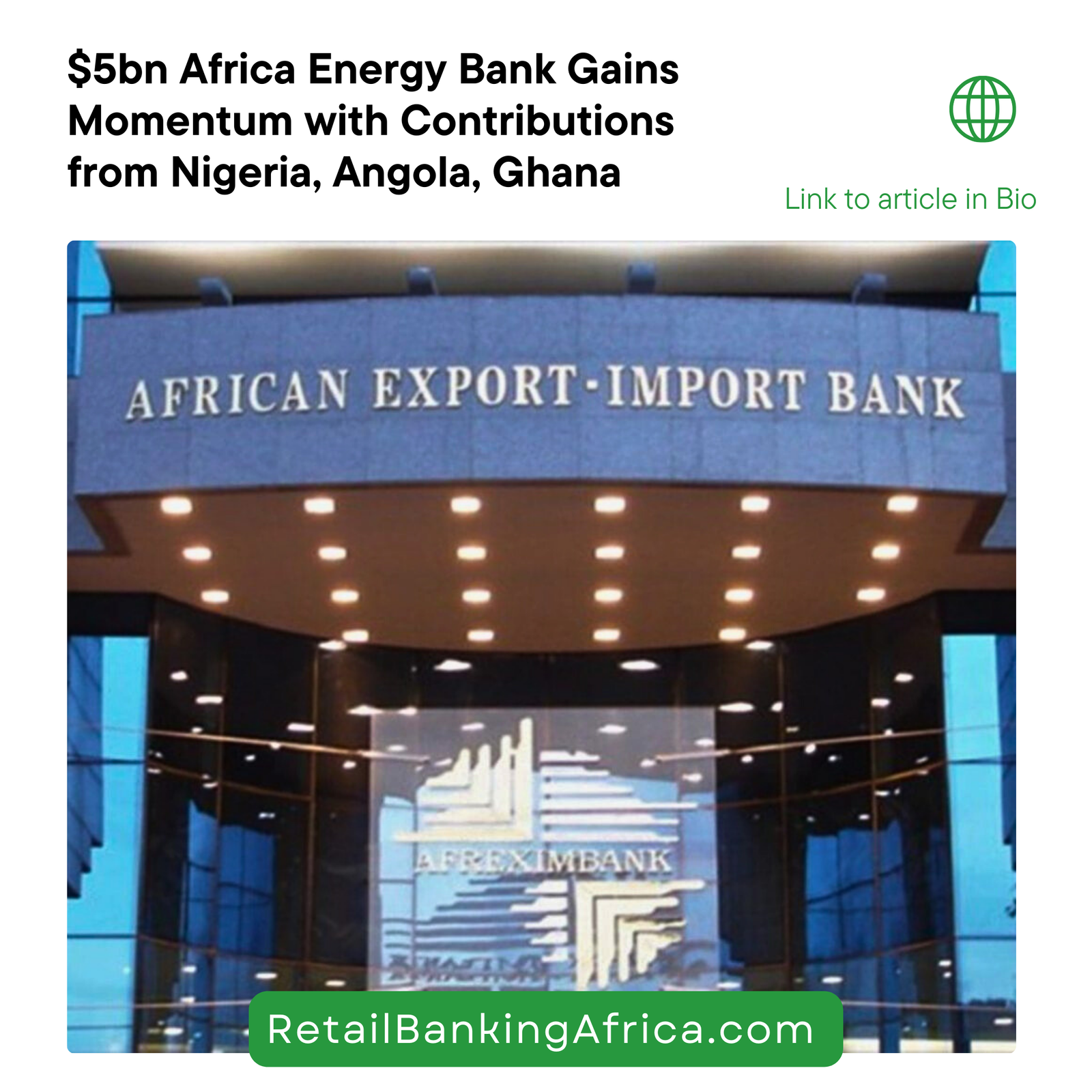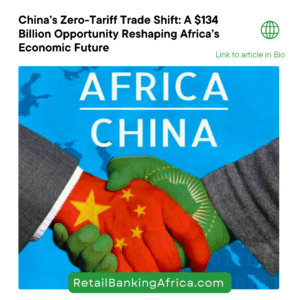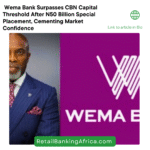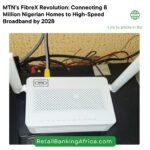In a transformative shift set to enhance transparency and end years of institutional conflict, the Nigerian Communications Commission (NCC) and the Central Bank of Nigeria (CBN) have jointly approved a new End User Billing (EUB) model for USSD services. This policy change marks a turning point for millions of mobile users and financial service providers across the country.
Under the new model, USSD charges will now be deducted directly from a user’s airtime, not their bank account. This single change eliminates the confusion of split billing—where banks charged users without real-time consent—and ends the long-standing payment disputes between banks and telecom operators.
Why This Matters
Previously, Nigerians using USSD to check balances, transfer funds, or buy airtime were often billed silently by their banks, with little or no transparency. This system sparked public outcry, led to service interruptions, and generated unpaid telco debts that reached billions of naira. Telcos bore infrastructure costs without direct compensation, while banks delayed remittances, crippling industry trust.
The EUB model corrects this imbalance. Now, every USSD session—whether for telecom or banking—will be billed transparently from a user’s airtime. The cost is also capped at ₦6.98 per 120 seconds, significantly cheaper than the previous ₦1.63 every 20 seconds (₦9.78 for two minutes). Consumers gain real-time control, with notifications after every session and no fear of unauthorized deductions.
Data Highlights
• ₦6.98: New USSD cap per 120 seconds
• ₦9.78: Previous cost for the same 120 seconds
• ₦100B+: Estimated cumulative debts between banks and telcos pre-EUB
• Over 100 million: Active mobile subscribers impacted by USSD billing in Nigeria
Industry-Wide Impact
Beyond consumer benefits, the new billing system will restore financial confidence in telcos, who now receive payment immediately after service delivery. This enables them to invest in infrastructure, improve service reliability, and innovate without bottlenecks caused by banks’ delayed payments.
Banks, on the other hand, will no longer bear the cost of USSD delivery or enter payment disputes with telcos. With each party operating independently under a clear billing model, the digital finance ecosystem is expected to experience renewed growth and innovation.
Consumer Protection & Rollout
The NCC and CBN have implemented safeguards to prevent double billing, enforce clear session alerts, and mandate transparent communication. Banks and telcos must now notify customers about service terms and updates proactively. Complaints can be lodged through CBN’s consumer lines (+234-70-0225-5226) or NCC’s toll-free line (622).
Full implementation is underway, with technical testing and integration ongoing between banks, telcos, and VAS providers. Users will be notified once the system goes live for their accounts.
A new era of digital financial empowerment is here—transparent, affordable, and consumer-first.











